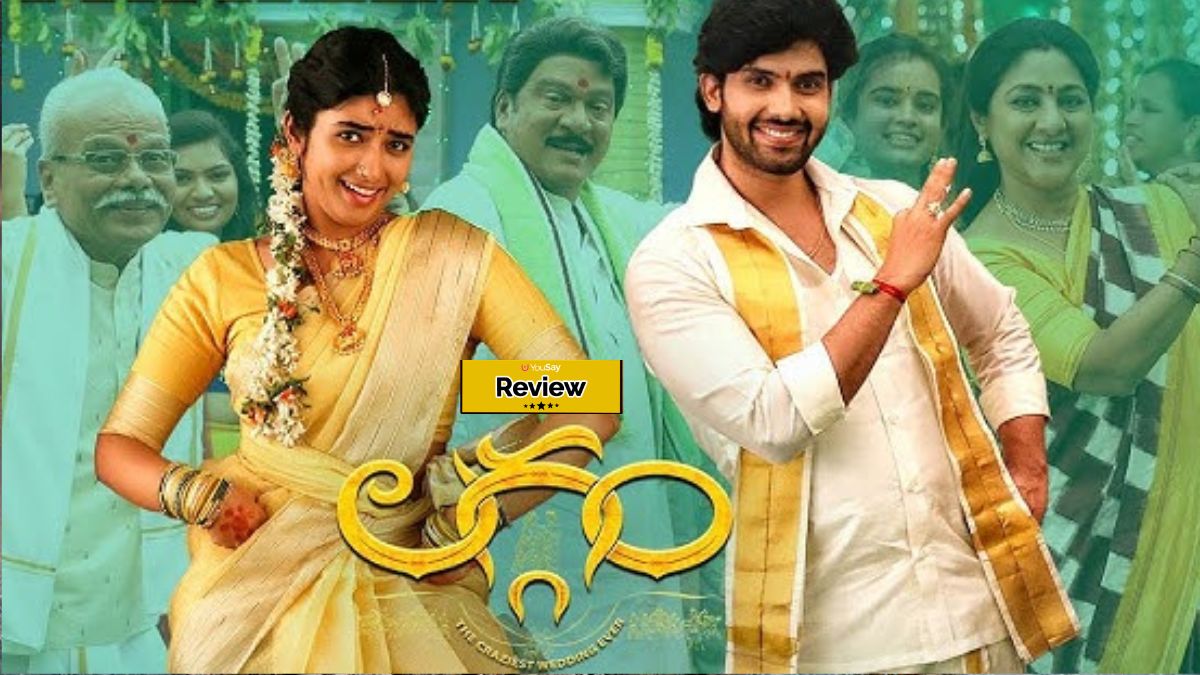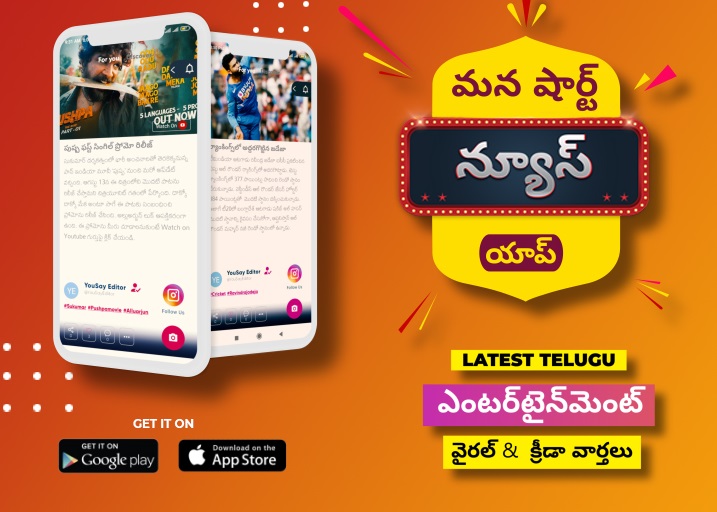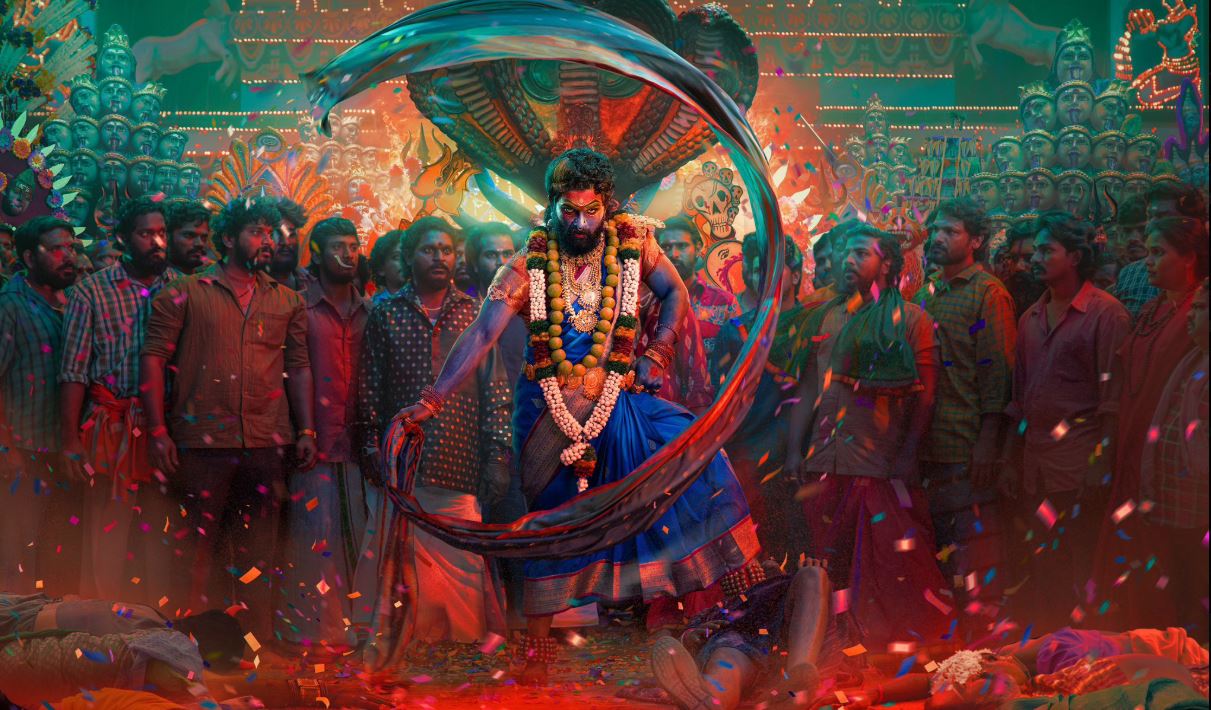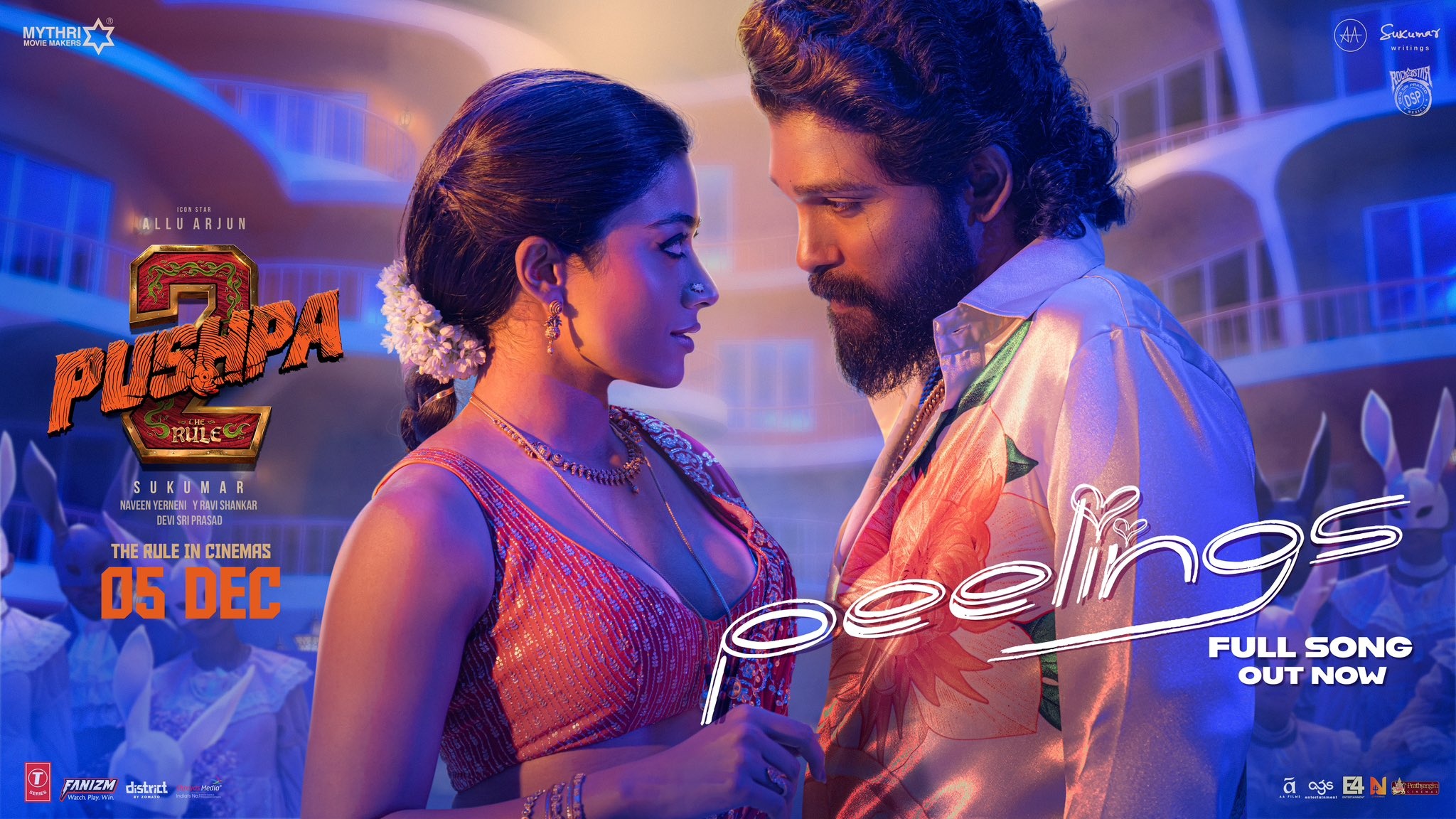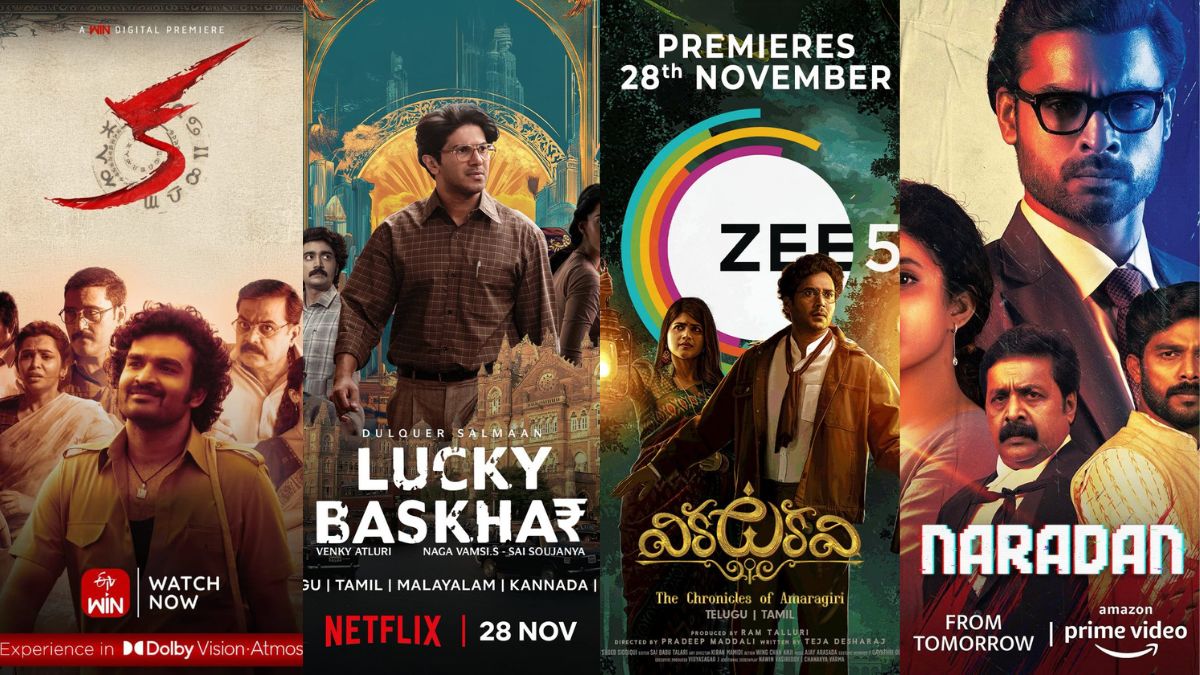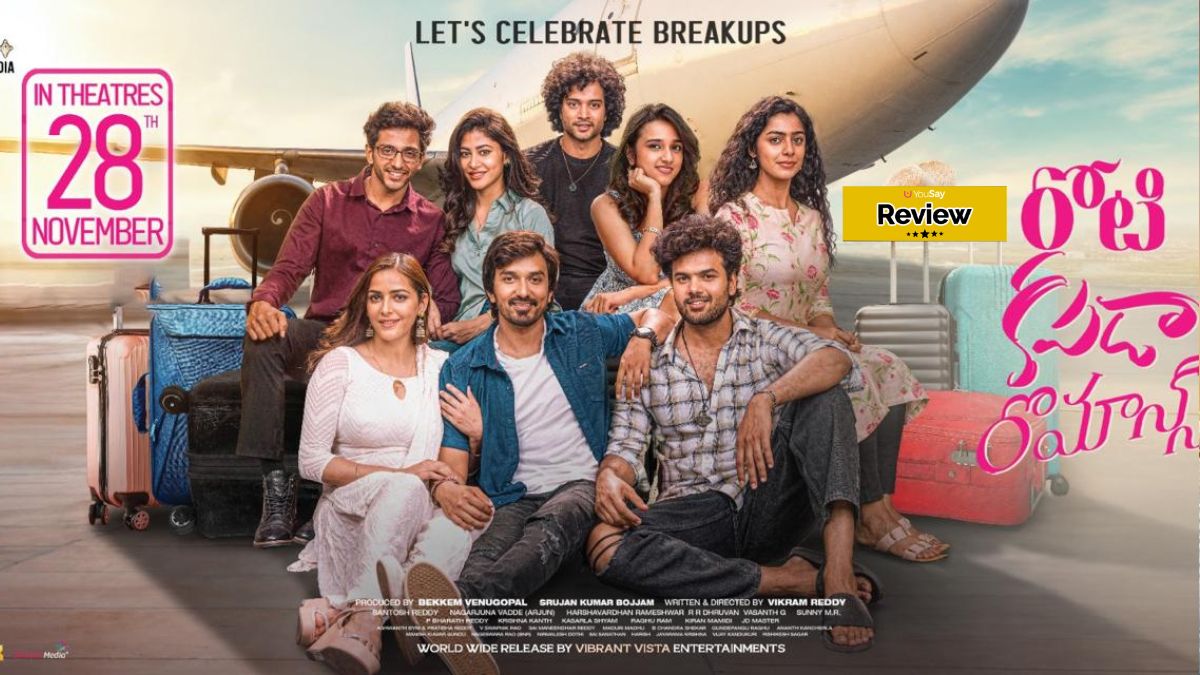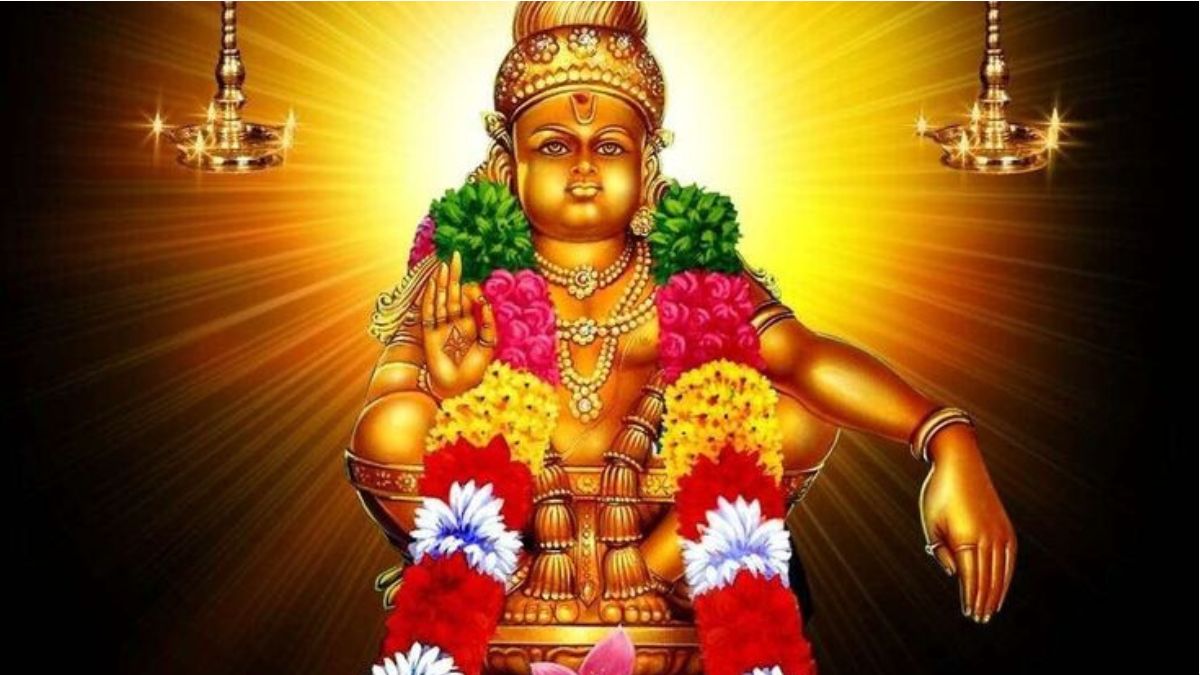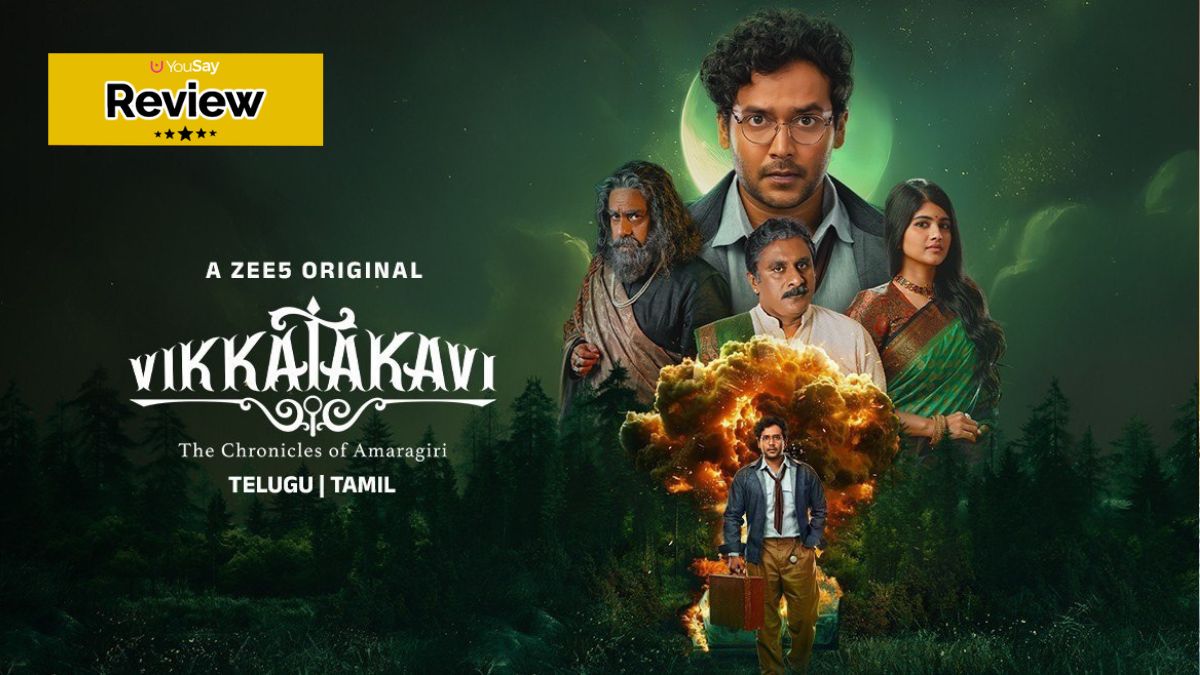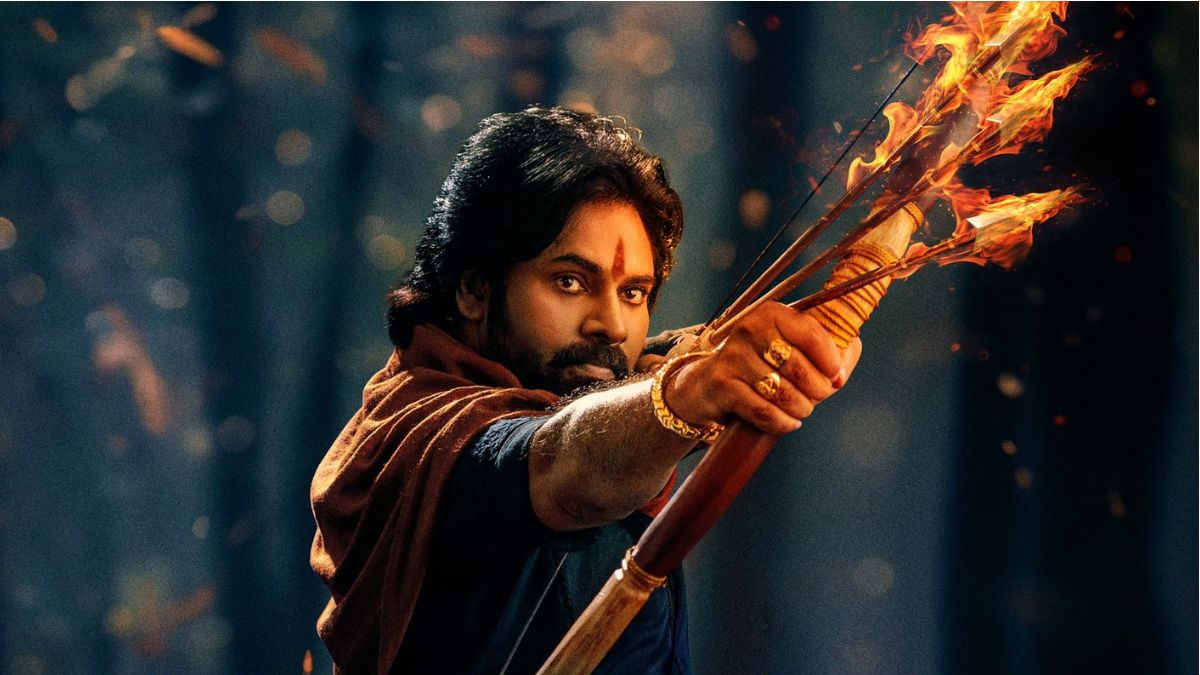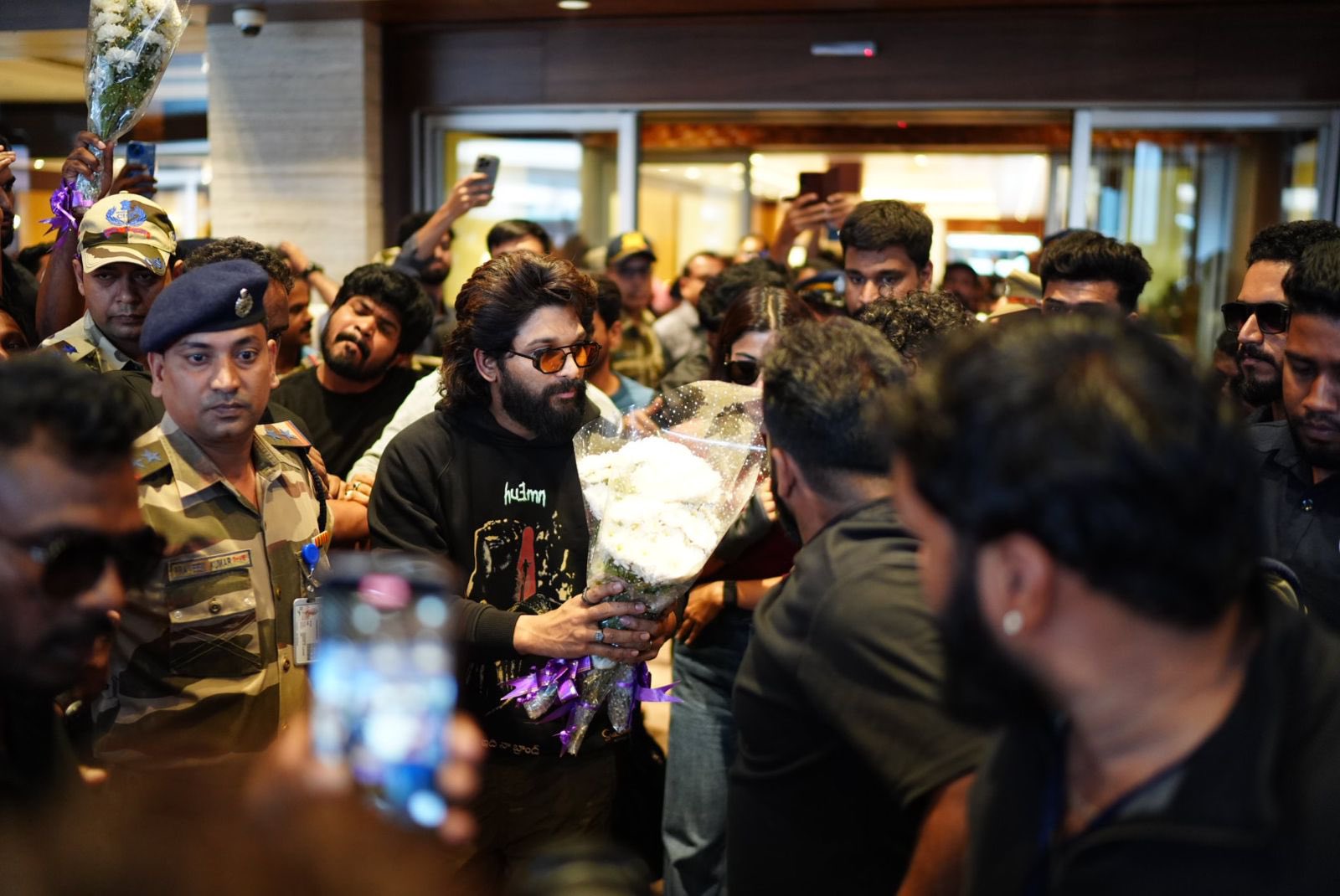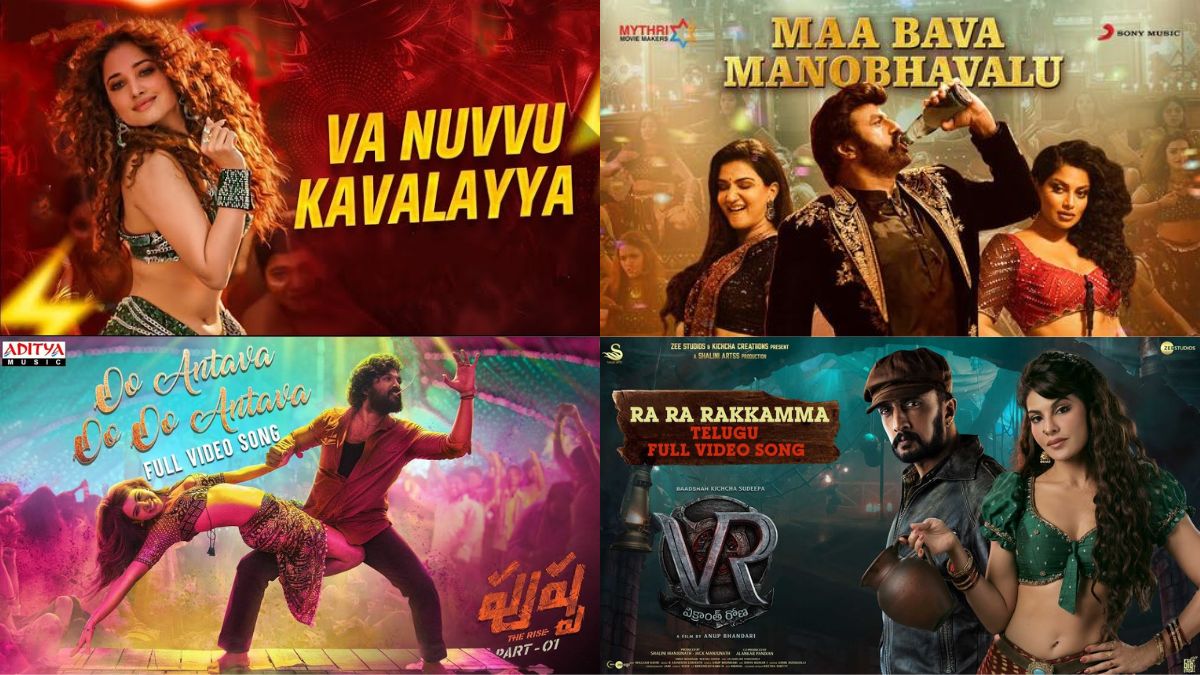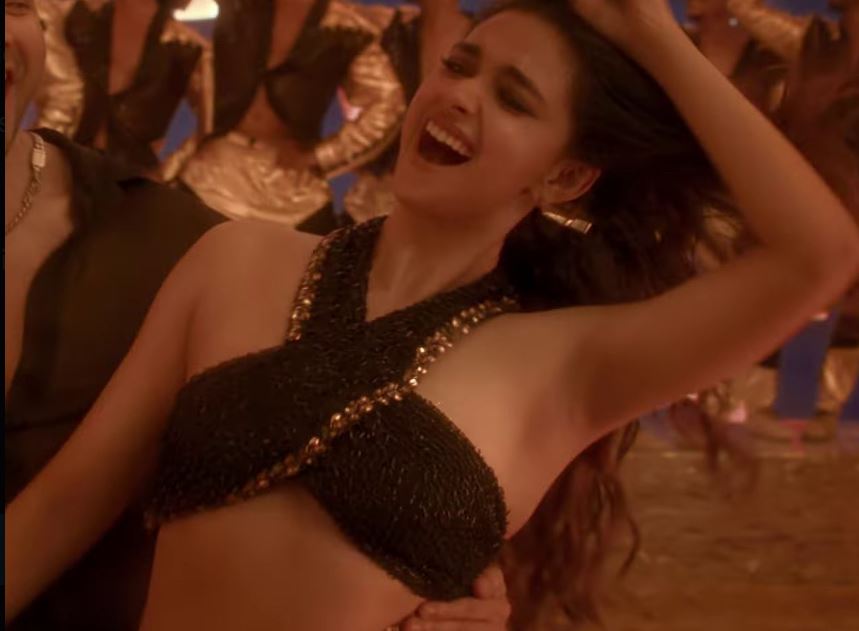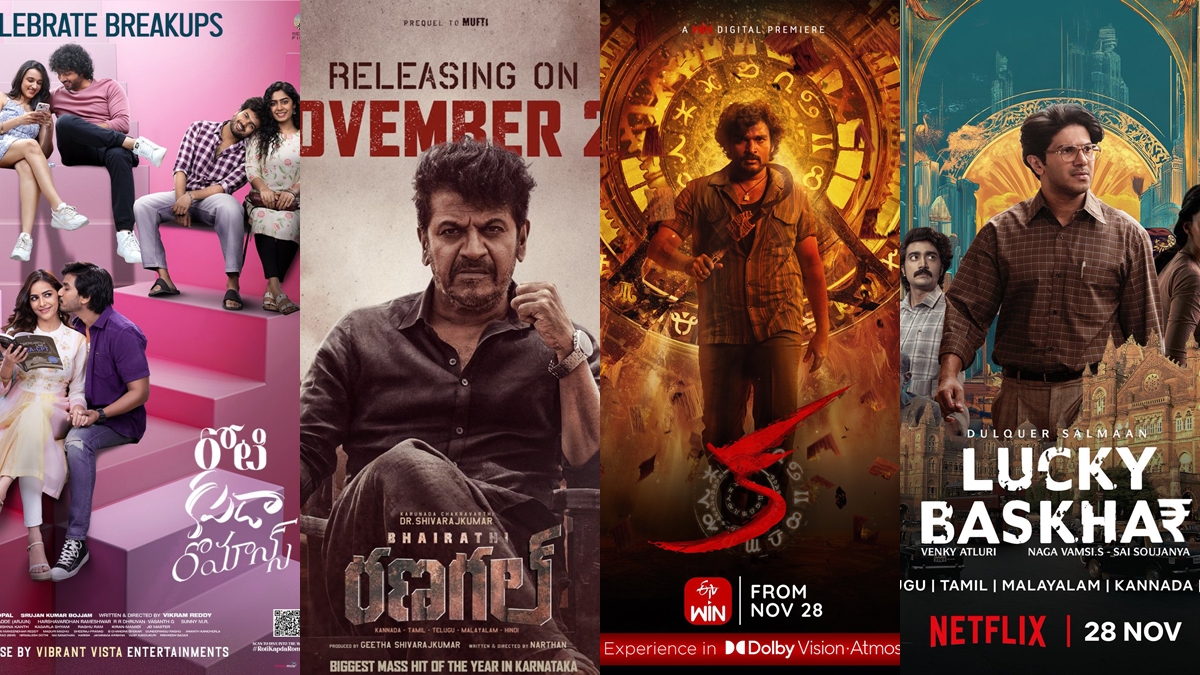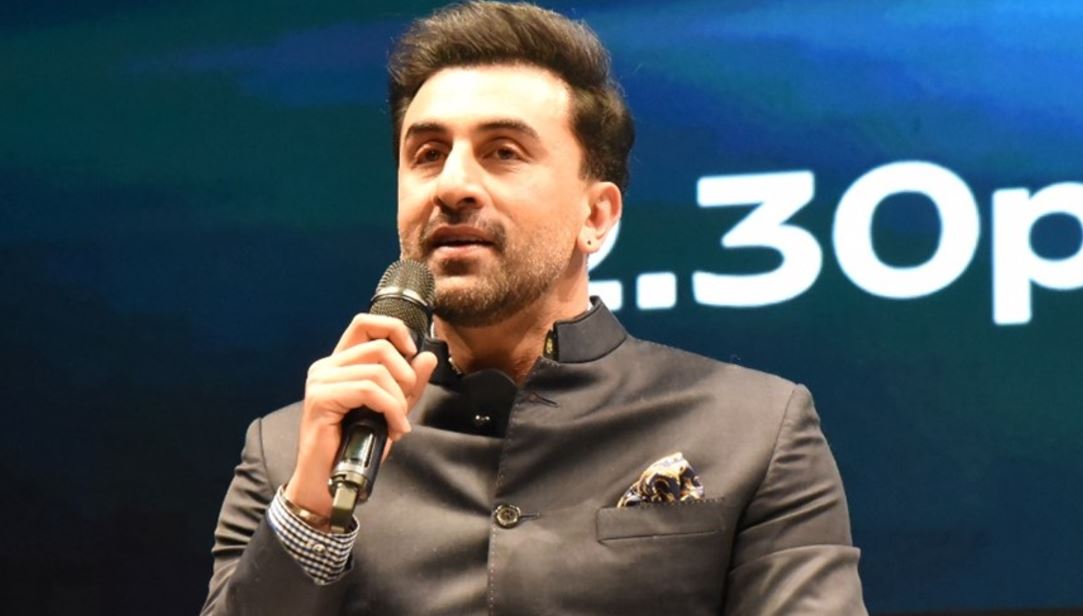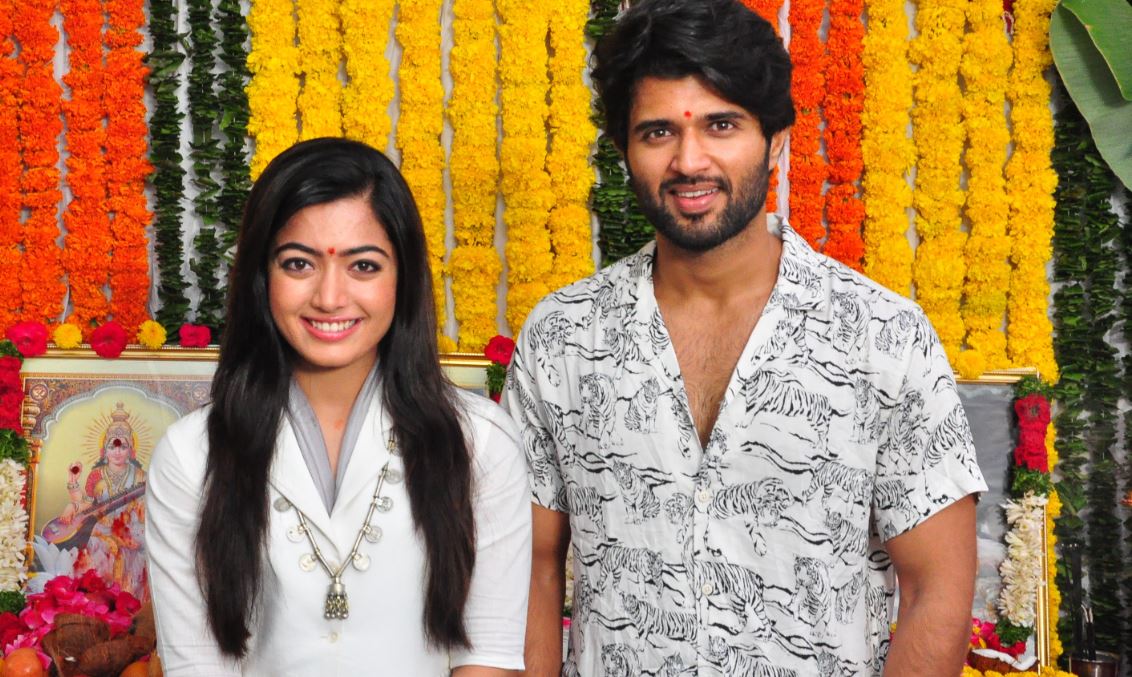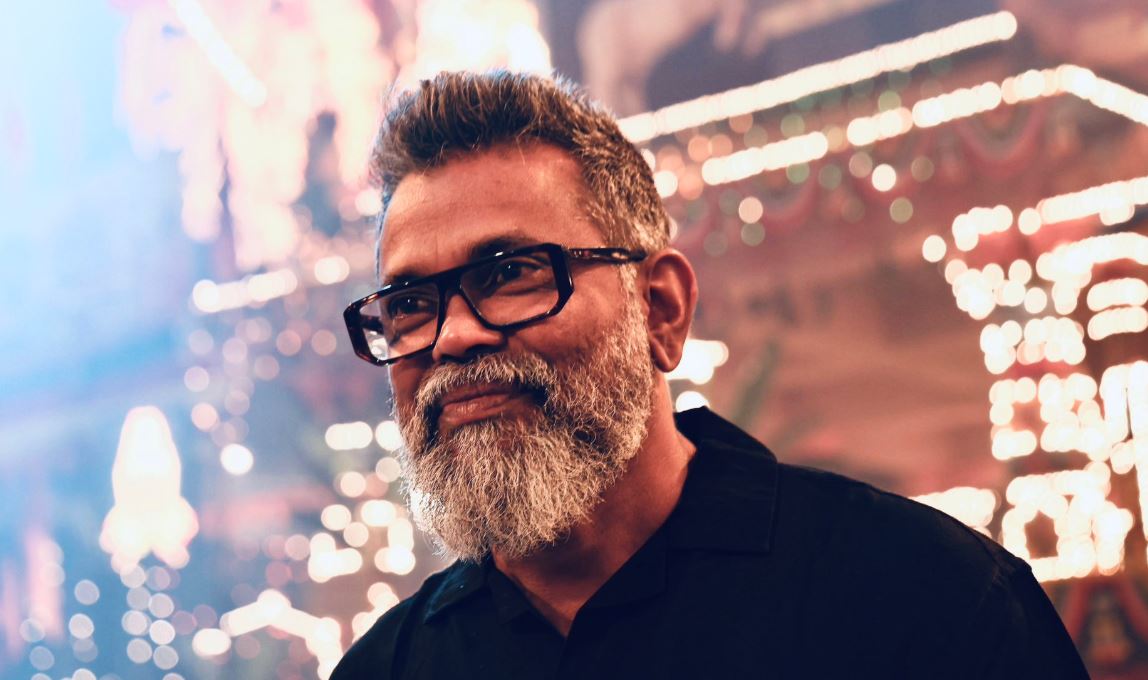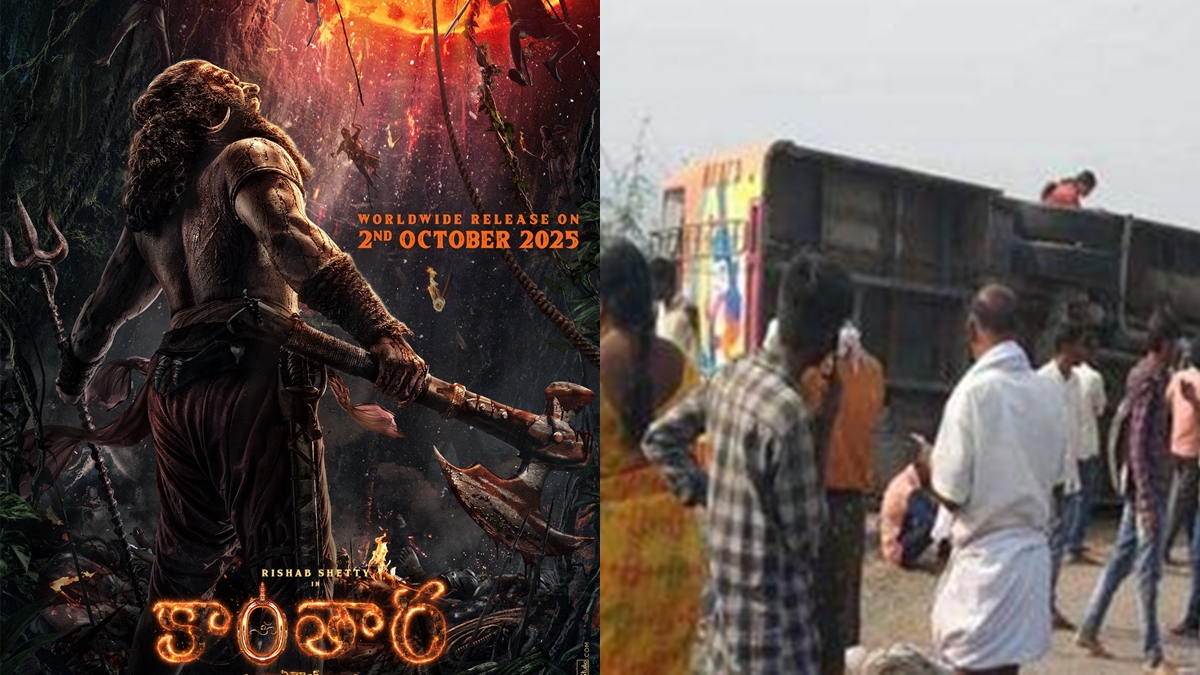Cast: Sai Ronak, Rajendra Prasad, Pragya Nagra, Raghu Babu, Saptagiri, Krishna, Rohini, and others.
Writer and Director: Ramesh Cheppala
Music: Charan Arjun
Background Score: Mani Sharma
Cinematography: M.N. Bal Reddy
Editor: Bonthala Nageswara Rao
Producer: Venu Gopal Reddy
Release Date: October 25, 2024
The film Laggam, starring Sai Ronak and Pragya Nagra, is directed by Ramesh Cheppala and produced by Venugopal Reddy. The movie features key roles played by Rajendra Prasad, LB Sriram, Rohini, Saptagiri, Krishnudu, and Raghu Babu, among others. The film was released on October 25. Let’s find out if it impressed the audience in this review.
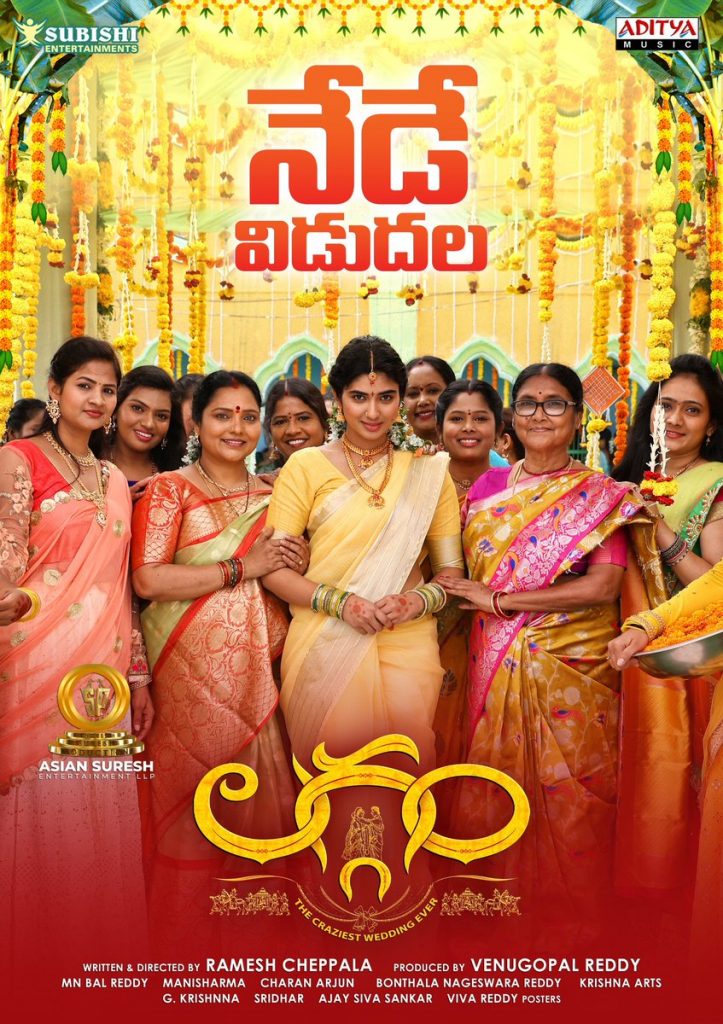
What is the Story?
The story revolves around Sadanandam (Rajendra Prasad) from a village in Telangana who comes to Hyderabad for work. He visits his sister (Rohini), who lives in the city with her son Chaitanya (Sai Ronak), a software engineer. Observing Chaitanya’s lifestyle, Sadanandam decides to marry his daughter Manasa (Pragya) to him, although she initially does not favor the idea. The two families agree on the marriage. However, due to a certain reason, Chaitanya resigns from his job, a fact he hides from Sadanandam, leading to a series of events aiming to stop the marriage. Meanwhile, Chaitanya also decides to call off the wedding. Despite her initial reluctance, Manasa starts falling for Chaitanya. What happens next? Why did Chaitanya resign? Did Chaitanya and Manasa get married? To find out, one must watch the movie.
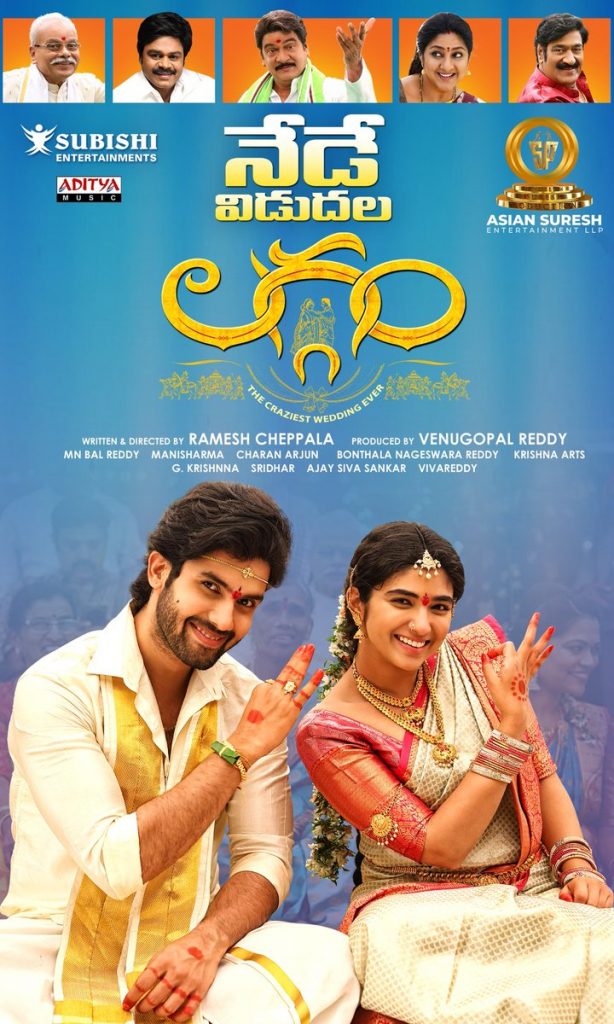
How did the Actors Perform?
Sai Ronak, in the role of Chaitanya, was captivating. As a software engineer committed to his family’s happiness, he fitted well into his character. Pragya Nagra, as Manasa, impressed with her performance in a significant role. The chemistry between Sai Ronak and Pragya was effective, and both competed well on screen. Veteran actor Rajendra Prasad, as Manasa’s father Sadanandam, left his indelible mark. Rohini, as the hero’s mother, performed admirably. Raghu Babu, Krishna, LB Sriram, and Kireeti, among others, performed their parts well according to their roles. The rest of the cast was adequate.
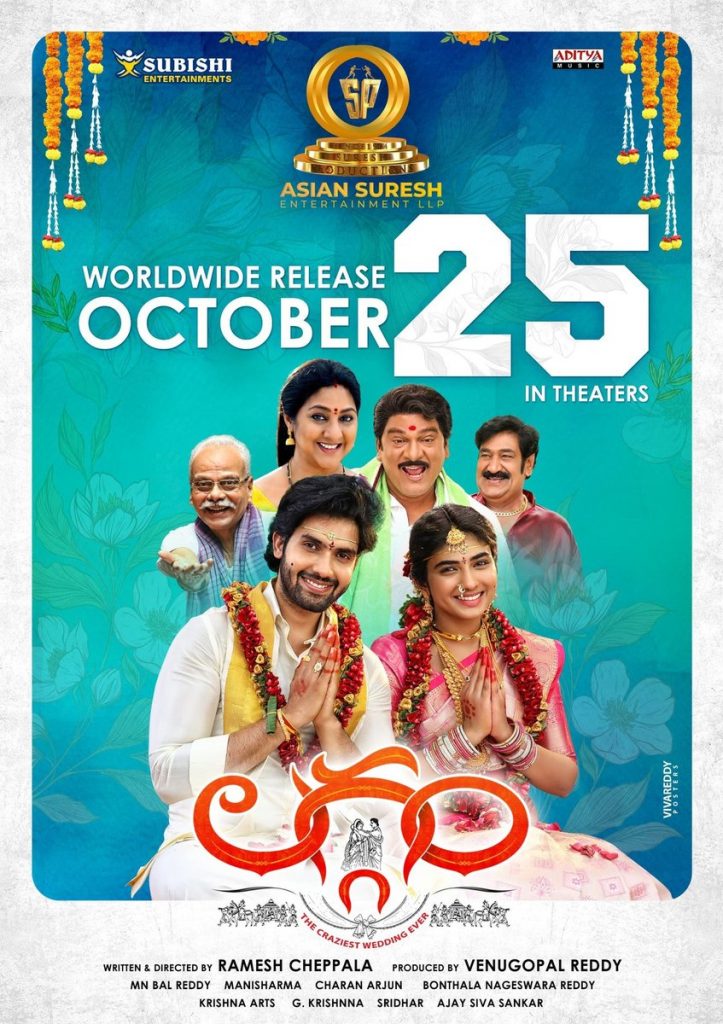
How was the Direction?
The director skillfully showcased the wedding traditions and practices of Telangana, illustrating that a marriage is more than just tying knots; it’s a heartfelt union between two generations. The first half introduces the hero and the colorful life of software employees. From the moment the marriage agreement is made, traditional Telangana customs are vividly depicted. By the interval, a suspense builds up about whether the wedding will happen, maintaining interest for the second half. The director successfully conveyed why Manasa changes her mind and why Chaitanya decides against the marriage. However, some scenes lacked connectivity, which could be seen as a downside. The long-drawn scenes tested the patience of the audience. The climax scene, involving the handover, resonated well with every young woman and their parents, marking a success for the director.
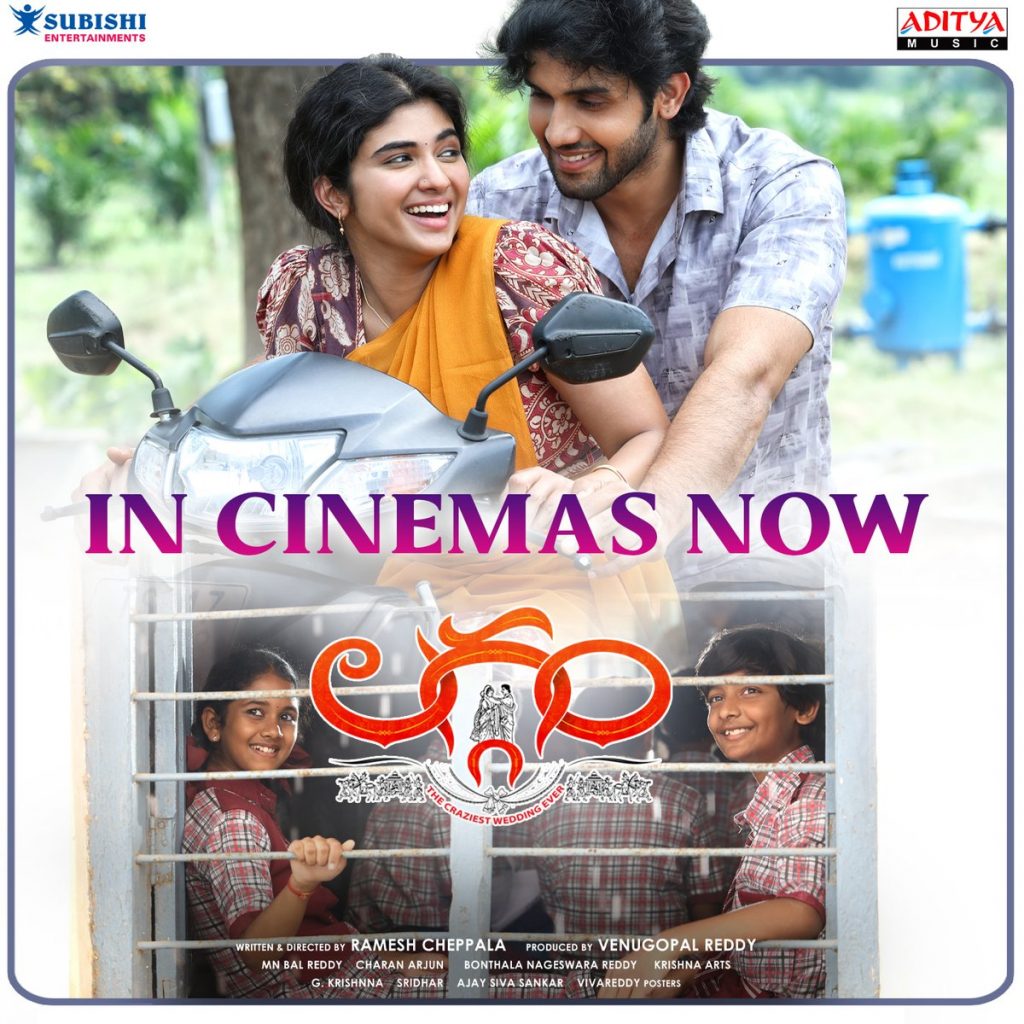
Technically…
On the technical front, Mani Sharma’s background score was a significant highlight, enhancing many scenes. The cinematography added another layer of appeal to the film. Charan Arjun’s songs were appealing. Nageswara Rao Bonthala’s editing crisply fit the film’s pace. The production values were also commendable.

Plus Points
– Story and narration
– Main cast’s performances
– Music
Minus Points
– Some dragged scenes
– Lack of mass elements

